
Corporate corruption in India is not just about bribing bureaucrats to bypass laws; it's about accounting frauds, kickbacks and cybercrime, says Bhupesh Bhandari.
One of the arguments against opening up multi-brand retail to multinational corporations is that MNCs resort to corrupt practices without remorse. Walmart has become the face of that evil.
Detractors have linked together three disclosures: one, made in November, that the retailer is probing a possible violation of the Foreign Corrupt Practices Act (of the United States) in India; two, made earlier in the month, that it has spent $25 million since 2008 on lobbying in the US, which includes gaining "enhanced market access in India"; and three, that Walmart bribed local bureaucrats in Mexico, as alleged by The New York Times.
Straightforward and gullible Indians are a worried lot; the deceit of the East India Company is still fresh on their minds. Wolves are at our doors once again.
...
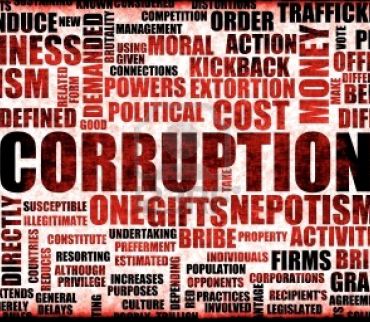
What about corruption in our own backyard? The ugly truth is that corruption in the corporate world is already alarmingly high in the country.
And this is not just about bribing bureaucrats here and there to bypass some law or speed up some process.
This is about accounting frauds, kickbacks, cybercrime - the works. For many years, the perception was that corruption was limited to the public sector. The private sector was corruption-free because of its higher salaries.
...
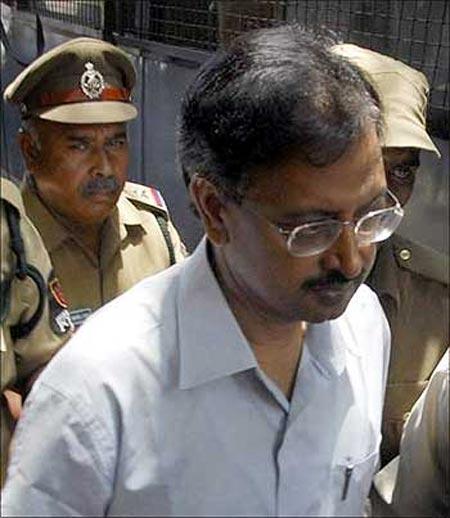
There was no incentive to bend the rules. The country was jolted out of this reverie in 2009 when Ramalinga Raju confessed that he had falsified the accounts of his company, Satyam Computers, for many years. (Ramkrishna Dalmia, the maverick businessman, had spent two years in prison after it came to light that he had taken out public money from his insurance company for speculation.
But that was more than half a century ago and had, therefore, got totally erased from the public memory.) The company was much smaller than what the books showed. Did he take money out of the company? There is no evidence so far. But he did gain from it in a big way.
The inflated accounts gave Satyam a higher valuation. Mr Raju pledged his shares frequently to raise money. Had he not manipulated the accounts, the valuation would have been lower and he would have got less money.
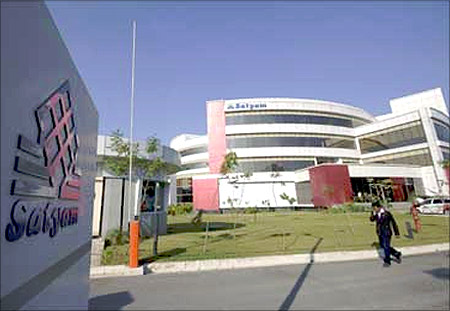
The Satyam scam came out in the midst of the last slowdown. In the current slowdown, there has been nothing that can compare with Satyam. But several others have come to light - too numerous to be recounted here. It is during a slowdown that senior executives come under pressure to deliver profits.
It's a tough challenge. Some take recourse to falsifying accounts. On the flip side, it is during slowdowns that owners, in a bid to protect their profit margins, clamp down on all the malpractices they would have overlooked in better times.
Every penny counts. In its recent India Fraud Survey 2012, KPMG found that 55 per cent of the respondent companies had seen fraud of one kind or the other in the last two years, up from 44 per cent in the earlier survey of 2010.
...
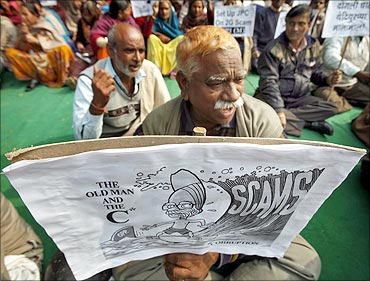
There were other alarming findings as well: one, 94 per cent felt fraud has become more sophisticated, which means it is getting tougher and tougher to catch fraudsters; and two, 71 per cent said fraud has become an inseparable part of business and you just can't do without it. The worrisome conclusion is that tolerance towards malpractices is on the rise.
KPMG has the largest forensic audit practice in the country. Its team is 600 strong: about 250 work on pre-employment screening and the rest on forensics.
Dipankar Sanwalka, who leads the practice, discloses that his team unearths five or six cases of accounting fraud every year, and that fraud is detected in as many as 95 per cent of the cases that are referred to him.
...
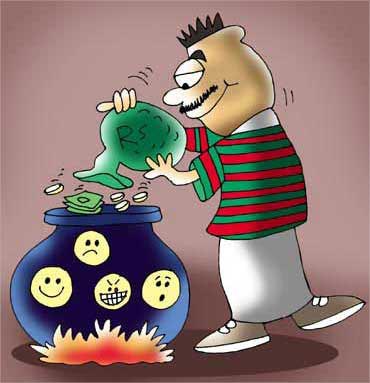
Businessmen engage him to probe their executives who may have taken kickbacks (the KPMG survey found that the functions most prone to corrupt practices are procurement, inventory, and sales and distribution), while banks and private equity funds hire him to probe falsification of accounts by businessmen. (He had decoded the Satyam fraud. For that, he along with a team of 100 had camped in Hyderabad for a full year.)
According to Mr Sanwalka, businessmen today are more interested in driving up valuations than kickbacks. A lot of such cases occur in unlisted companies, where there is little public scrutiny. Private equity needs to be on its guard.
...

PricewaterhouseCoopers' global economic crime survey of 2011 had put India in the category of countries that had reported low levels (below 25 per cent) of fraud in the last one year.
Twenty-four per cent of the 106 respondents had experienced economic crime in the last 12 months as against 18 per cent in 2009. Most of them expected it to increase in the next one year.
The Indian score of 24 per cent was below the global average of 34 per cent, which, according to PricewaterhouseCoopers, shows that "Indian companies seem to have a higher tolerance for economic crime such as bribery and corruption with the general perception of these being necessary for survival".
...

The survey also showed that unawareness of economic crime increased from six per cent in 2009 to 10 per cent in 2011.
"This is an adverse trend, given that majority of our respondents were key decision makers at their organisation," PricewaterhouseCoopers said.
Sixty per cent of the respondents found that the perpetrators were among their own staff. And 36 per cent said that the crimes have dented employee morale.
Vidya Rajarao, who leads the forensic services practice of PricewaterhouseCoopers, says the cases that come to her team of 50 or so for investigation include bribery and corruption, kickbacks, cash skimming and diversion of assets. The rot runs deep.